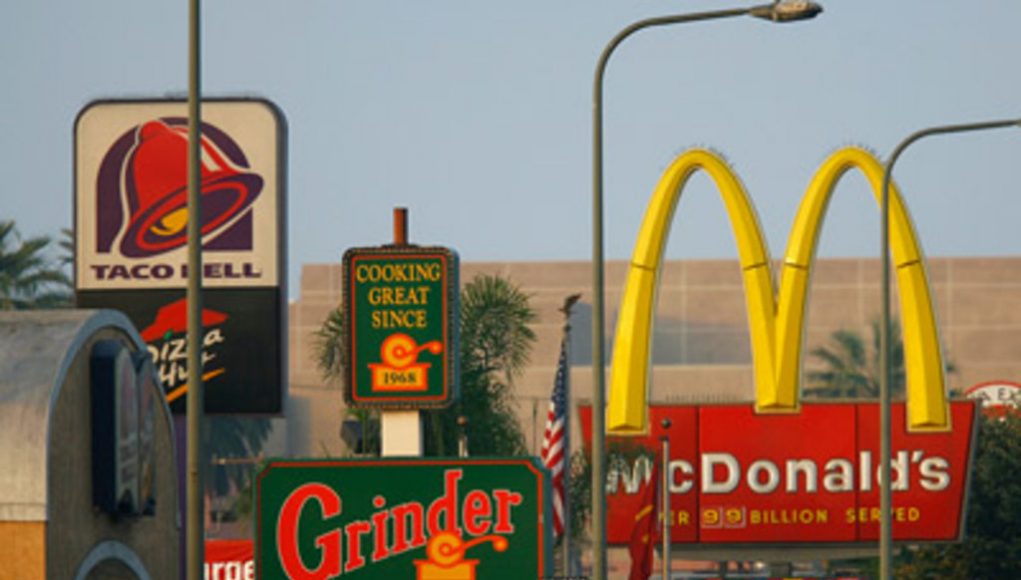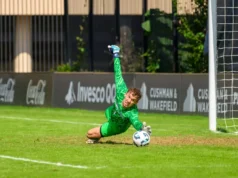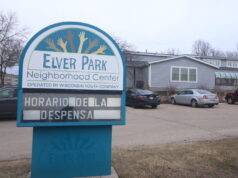Milwaukee was once the healthiest city in the country. It won the award so many years in a row that they stopped the contest.
That was in the ’30s and ’40s. Things are much different now.
Eighty years later we live in the most segregated city in America. Twenty-nine percent of our citizens live in poverty with the black poverty rate the second-highest in the nation. Black folks are unemployed at four times the rate that whites are, and our black-white high school graduation gap is the highest in the nation.
It’s no coincidence that in a city with these statistics, we experience intense health disparities, too.
The latest Milwaukee Health Report by the Center for Urban Population Health found that “dramatic” health disparities exist in Milwaukee, with those with a lower socioeconomic status experiencing worse health outcomes than the average American.
Let me break that down for you.
Living with poverty and racism is stressful. It’s been scientifically proven. Chronic stress can affect your blood pressure and immune system, elevating your risk of heart disease, diabetes, cancer, and other chronic diseases. So when you spend so much time in a high-pressure environment, your health begins to suffer.
People aren’t being allowed the opportunity to thrive right now, and that’s unacceptable. Your zip code shouldn’t determine your life expectancy. This shouldn’t be a revolutionary idea.
We hear about racial disparities in our courthouses and our classrooms, but rarely when it comes to our communities’ health. That’s why I introduced a resolution in the Senate this week to declare April 2017 Health and Wellness Month so that we can draw attention to these intense disparities. The resolution passed unanimously.
But we need to go one step further. We have to walk the walk too. That’s where my LOVE & FAITH initiative comes in.
LOVE & FAITH works to align the silos of our community to build an infrastructure system that will create a pipeline to hubs in our communities. We need the community and government working collaboratively to find meaningful solutions to the problems we face, like the disparities in health and wellness.
A big part of my LOVE & FAITH initiative is urban farming. While we can’t farm ourselves out of all our problems, urban agriculture can and will solve many of our community’s issues. To feel better, people need hope, and that means job skills and a healthier outlook on life.
With a little investment and some training, we can grow Milwaukee into a place where we can compost and grow our own food. Urban agriculture will help eliminate food deserts, it will increase health outcomes with access to healthier food, and it may even make our community safer; a study by the American Medical Association found that gardening can reduce crime! I know LOVE & FAITH will lift us up if we give it a chance.
I know you don’t need to be convinced that Milwaukee needs help. The problems of our community aren’t a secret. I hope you’ll agree though that this is a public health crisis, and when public health is concerned, we all need to be involved.
There’s a line in the Pledge of Allegiance we should all live by: liberty and justice for all. We need to be invested in breaking down the disparities in our community, and providing a healthy and happy life not just for some, but for all.










